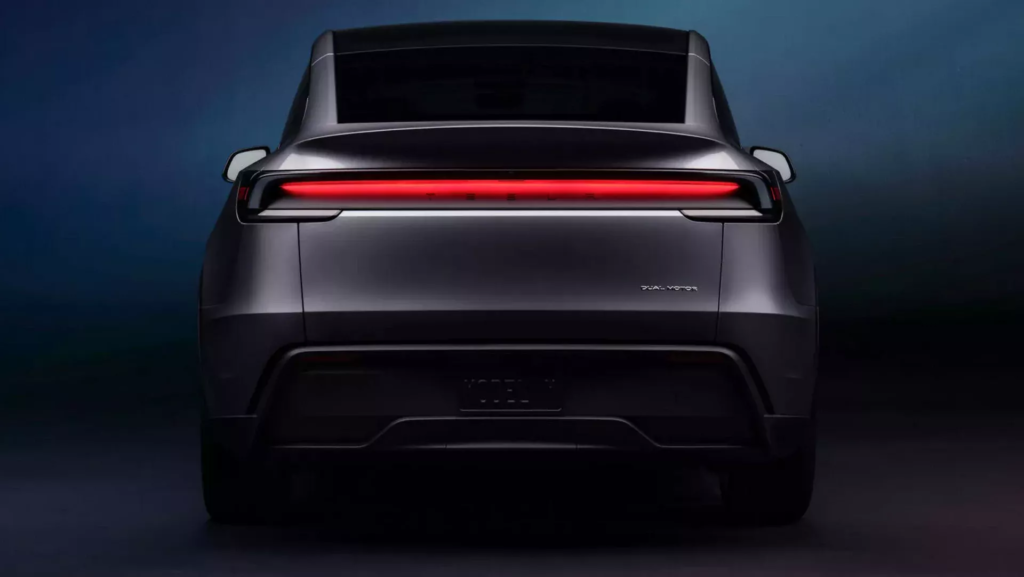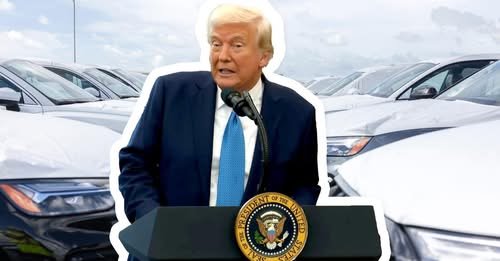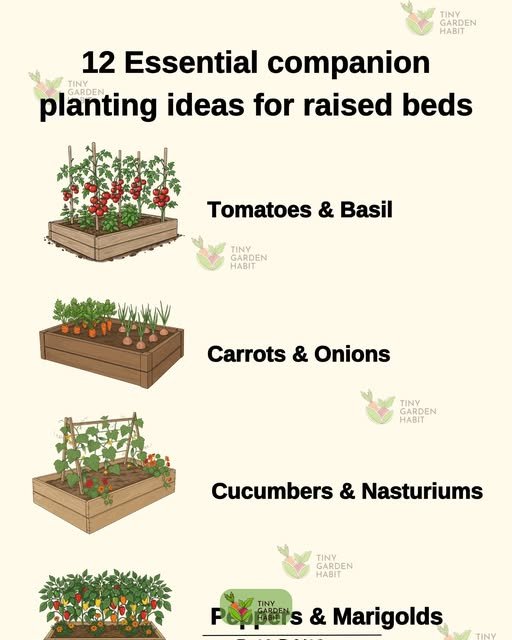Tariffs will no longer stack and the government will also provide a small rebate on tariffs.
- Trump’s new executive order halts stacking tariffs and gives automakers a rebate relief.
- Current 25% tariffs stay in place while new rebates cushion incoming auto parts fees.
- Automakers will receive a 3.75% tariff rebate for one year, then 2.5% next year.
Update: The White House has released an official announcement with some additional details, the most significant being that any car finished in the USA with at least 85 percent U.S. or USMCA content will be fully exempt from tariffs.
The U.S. auto industry is about to get whacked with a 25 percent tariff on cars and parts, but not without a last-minute twist. In a move that might ease some of the pain for automakers, President Trump is relaxing some of the burdens these companies will face. A new executive order will provide a rebate to automakers who pay tariffs, and it’ll stop tariffs from stacking up.
More: The Most American-Made Cars Least Affected By Trump’s Sweeping Tariffs
The current 25 percent tariff on imported vehicles is staying exactly where it is. Meanwhile, the additional 25 percent tariff on auto parts will still kick in on May 3. However, the new order is designed to make both policies a little easier for automakers to handle. It will prevent multiple tariffs, such as those on steel and aluminum, from stacking on top of each other, which has been a major concern for the industry.
The order also includes a rebate program. Automakers will be eligible for up to a 3.75 percent reimbursement on auto parts tariffs during the first year. That number drops to 2.5 percent in the second year and is then phased out entirely. The idea is to buy time for manufacturers that are planning to shift more production to the United States.
The 85 percent Rule

According to the executive order, if a vehicle is built in the U.S. and contains at least 85 percent U.S. or USMCA (United States-Mexico-Canada Agreement) content, the automaker will owe no tariffs on that vehicle’s production during the first year. Take, for instance, a U.S.-assembled car with a $50,000 retail value. Under the new rule, up to $7,500 worth of imported parts can be included without triggering a tariff.
In cases where a car is composed of 50 percent U.S. or USMCA parts and 50 percent imported parts, the automaker won’t pay tariffs on the full imported half. Instead, the duty will apply to just 35 percent of the vehicle’s value in the first year, reducing the overall cost impact.
More: Porsche’s Brutal Year Might Only Be Starting After China Sales Collapse
“President Trump is building an important partnership with both the domestic automakers and our great American workers,” Commerce Secretary Howard Lutnick said to The Wall Street Journal. “This deal will be a major victory for the president’s trade policy by rewarding companies who are already manufacturing domestically, while providing a runway to manufacturers who have expressed their commitment in investing in America and expanding domestic manufacturing.”
Industry Response Rolls In
For now, the big three automakers are praising the action. “Ford welcomes and appreciates these decisions by President Trump, which will help mitigate the impact of tariffs on automakers, suppliers and consumers,” Ford CEO Jim Farley said. “We will continue to work closely with the administration in support of the president’s vision for a healthy and growing auto industry in America. Ford sees policies that encourage exports and ensure affordable supply chains to promote more domestic growth as essential.’’
Stellantis Chair John Elkann told CNBC that “Stellantis appreciates the tariff relief measures decided by President Trump. While we further assess the impact of the tariff policies on our North American operations, we look forward to our continued collaboration with the U.S. Administration to strengthen a competitive American auto industry and stimulate exports.”
Finally, Mary Barra of GM chimed in as well to say that the order helps to “level the playing field for companies like GM.”All of this comes after pressure mounted on Trump from dealers, automakers, and others.
All of this comes after mounting pressure from dealers, automakers, and industry groups who warned that escalating tariffs could have triggered serious financial fallout across the sector.


